Our nation has seen a marked increase in anti-Asian hate crimes and violence, especially against Asian women, with the recent killings in Atlanta as the most heart-breaking example.
This is a personal matter for me as an Asian woman leading a team of all-Asian women. Though we come from different parts of Asia – Vietnam, China, Myanmar and Korea – many people don’t understand those distinctions. “Asians” are seen as a monolithic group. This inability to recognize our individual cultures stems from a lack of exposure to Asians – of knowing us and understanding our communities. Instead, we are known as, and resented for, being the “model minority.” This stereotype casts Asians as high achieving, hard working minorities who won’t complain and will passively accept abuse. What’s more, some might say, we have suffered far less than Black and Brown people, so what do Asians really have to complain about?
How can we use this current moment to challenge this perception? And how do Asians also change this sentiment among ourselves?
I talked to an Asian American girlfriend recently about people reaching out to check in. “I know it’s bad, but what we are experiencing isn’t as bad as what Black people have suffered,” she said.
I understood what she meant. I have felt this guilt myself. As if I don’t deserve to feel bad, so I should not say anything. That’s part of our problem.
Last month, I facilitated numerous workshops on Exploring Race-Related Assumptions. In one session, an Asian American man told me he’d assumed the facilitator was going to be white or Black – he was surprised I was Asian. He shared that he’d been taught not to initiate hard conversations or create controversy by Asian elders. I so appreciated his candor. His comment reinforces how Asians, particularly women, are seen as not willing to speak out and how this perception is internalized even within our Asian communities.
His comment also underlines why we must challenge assumptions of what leaders look like. We must see Asian women beyond the stereotypes of the silent work horses, tigers moms or submissive sexual objects.
Aside from wanting to foster more curiosity in the world, I founded my company to celebrate and contribute to the diversification of leadership – to challenge how we lead and provide an alternative to the dominant narratives that are largely constructed by white men in the US. I respect many of those men. I also think there’s room for other voices. Increasing exposure for Asians is critical to fighting stereotypes and expectations of passiveness.
America has a short attention span. That means the mic is being passed around to raise awareness to any given cause. It was #metoo movement yesterday, it could be Black Lives Matter again tomorrow. Today it’s anti-Asian hate.
Asians have to take the mic when it’s given to us. If we don’t, we reinforce the perception that even Asians don’t think our pain matters or at least, that it matters less than the pain of others who face prejudice based on the color of their skin. We then perpetuate the idea that we are a stoic, model minority willing to take the blows. And we don’t give others a chance to stand in solidarity with us, to console us, when we need them.
I appreciate all of my non-Asian friends who have reached out to check in on me and who are standing in solidarity with my community. The first friend to let me know he was thinking about me was a Black man from the American South. It was through our friendship he started understanding the different Asian cultures; he said he grew up referring to all Asians as “Chinese.” Through exposure, our perceptions of one another changed. I am also grateful I have my team and other Asian friends to commiserate with. I feel seen and heard.
I know that Chung Park, Hyun Jung Grant, Suncha Kim, Yong Ae Yue, Delaina Ashley Yaun, Xiaojie Tan, Daoyou Feng, and Paul Andre Michels did not die in Atlanta in vain. Their lives will serve as a reminder that even Asians need to step up and take the mic to loudly and publicly decry hate. And a reminder that we won’t be standing alone when we do.
What’s Next?
Interested in reading more? Check out our AAPI-Authored Leadership Booklist!

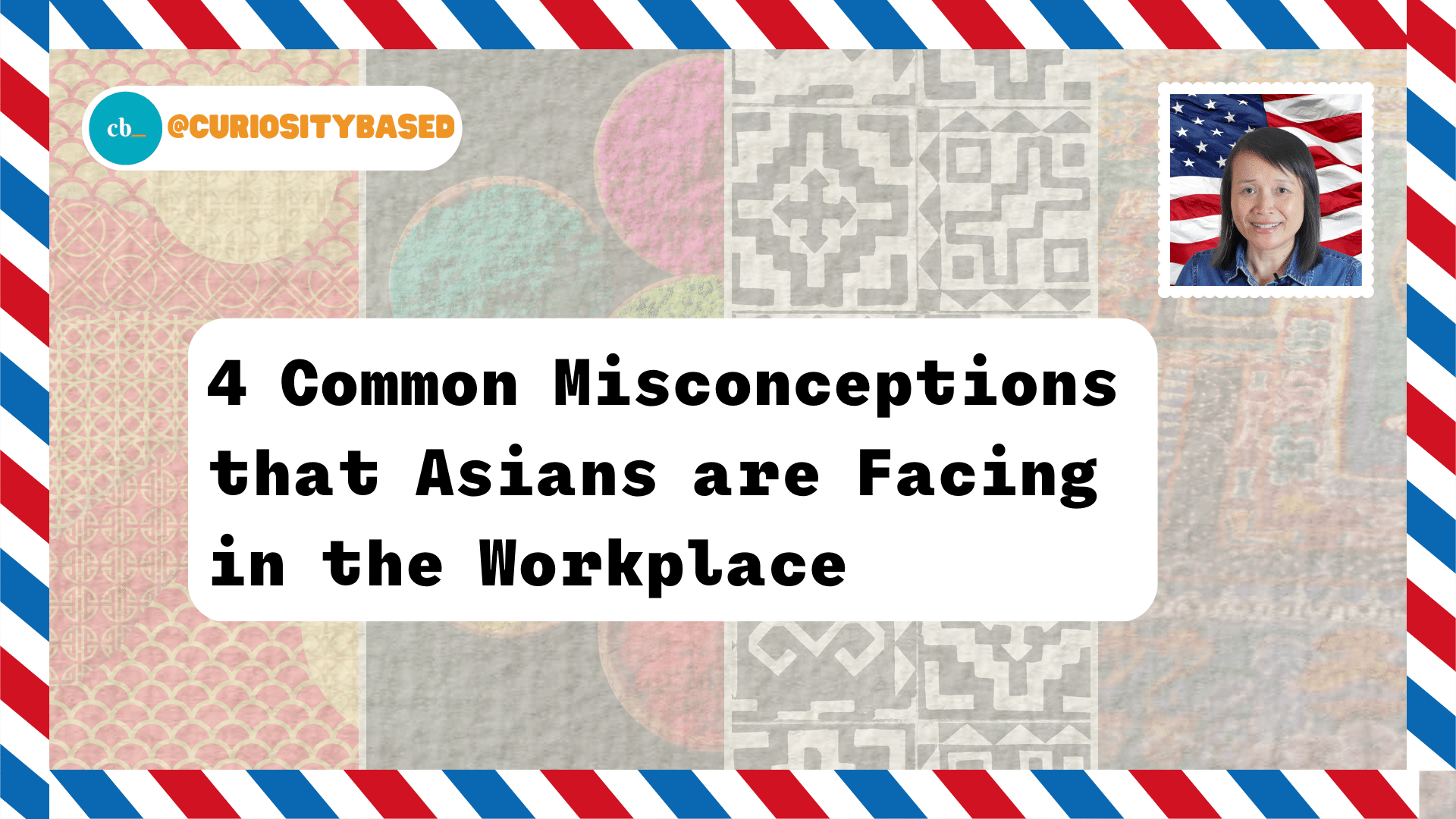
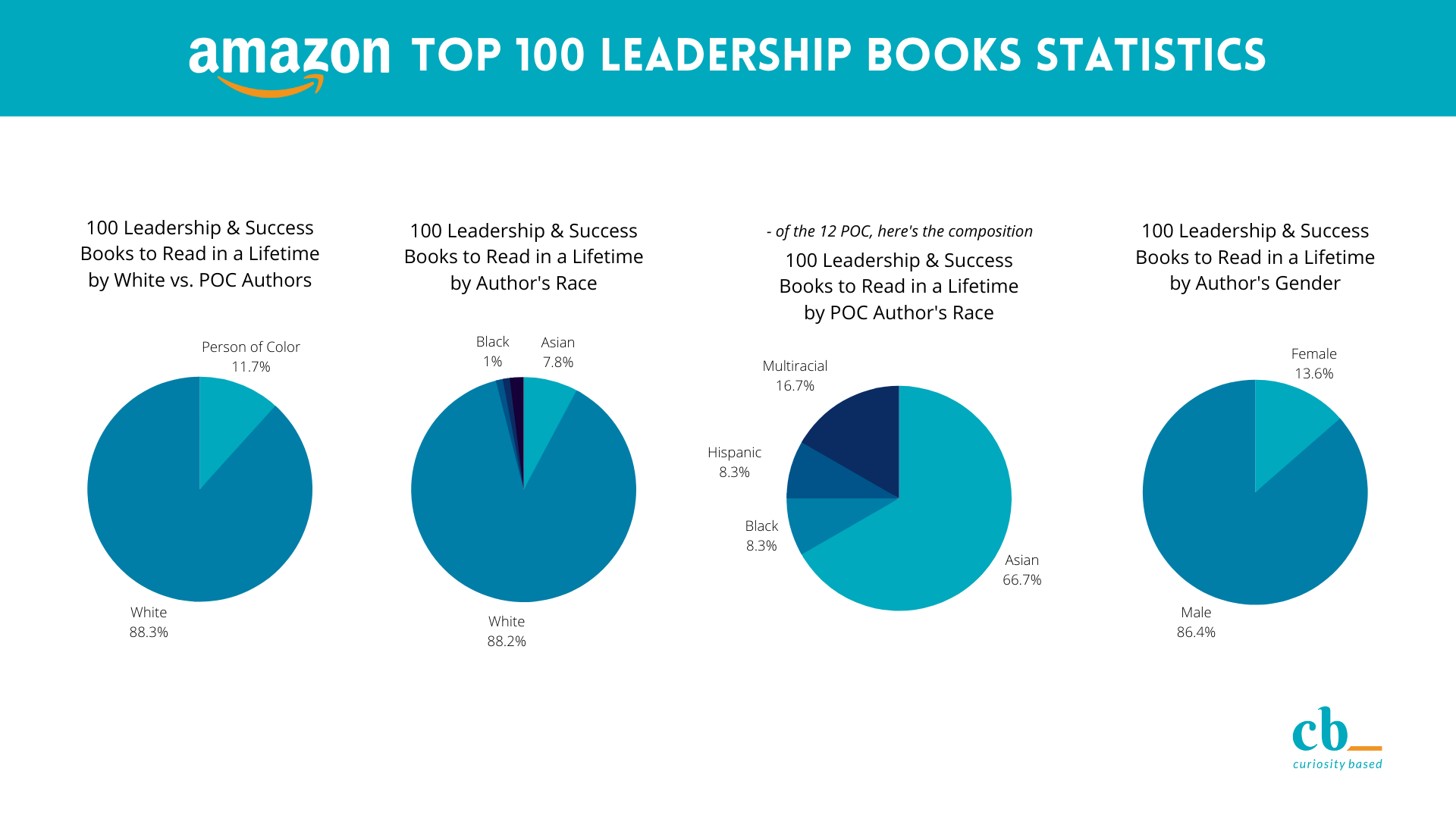

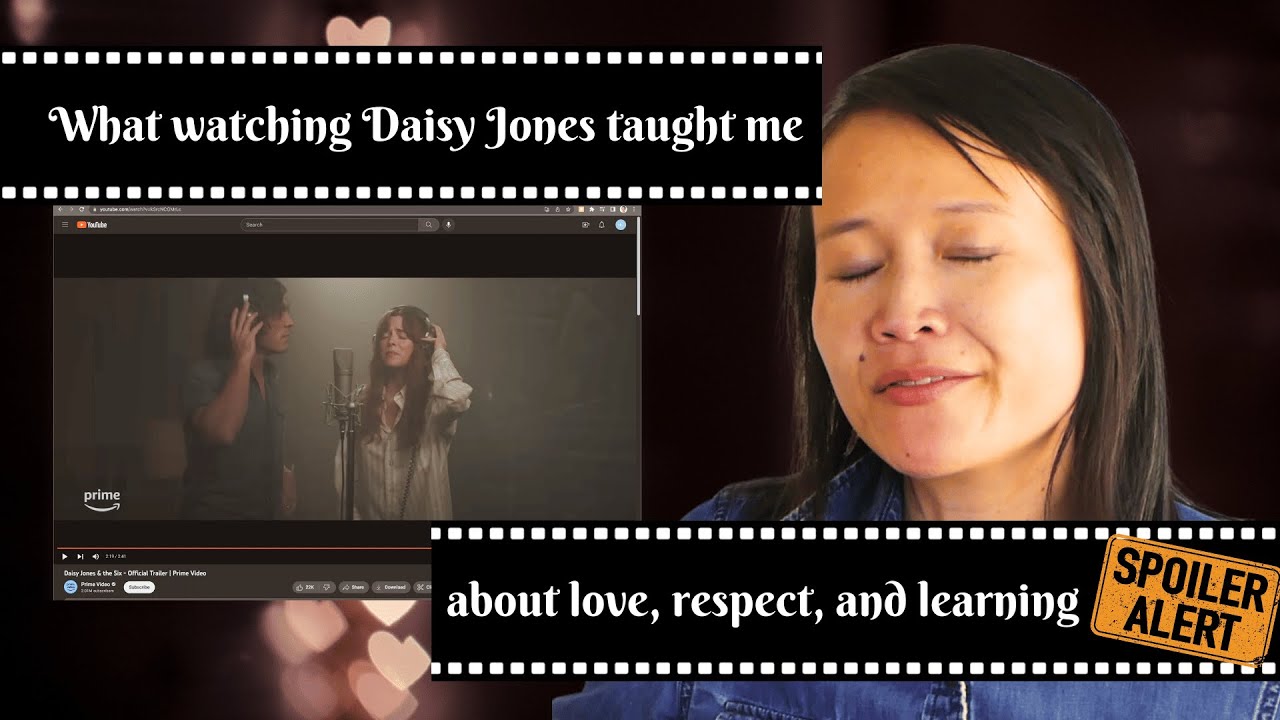

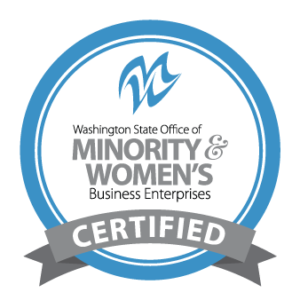
Leave a Reply